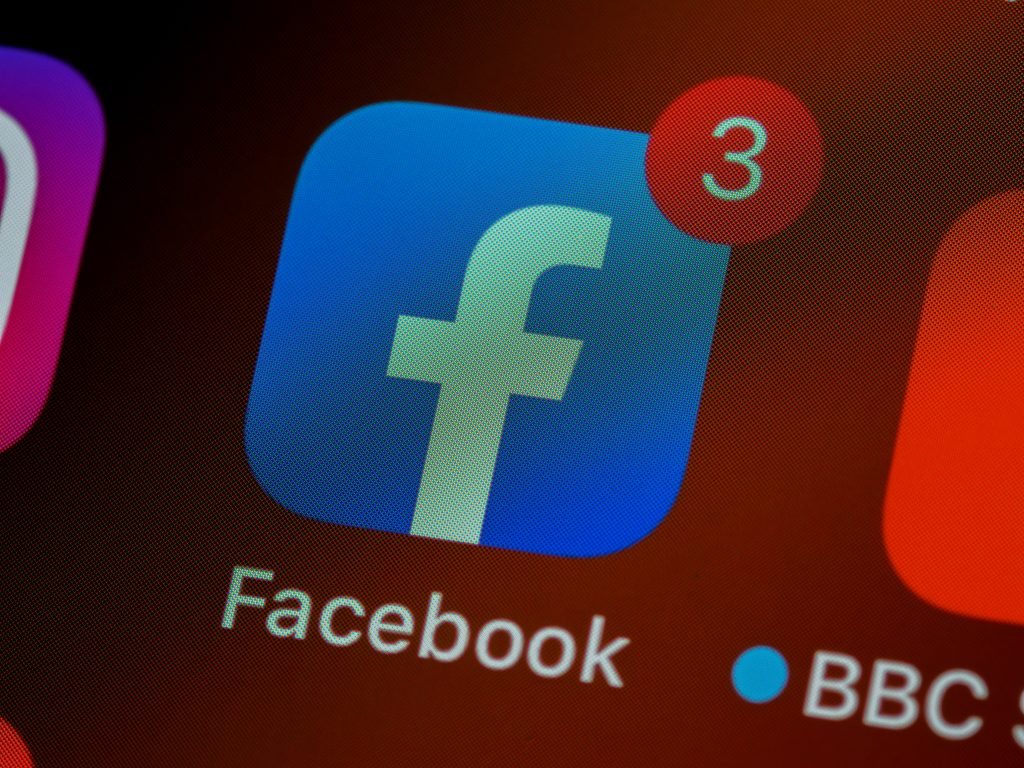Meta Will Stop “Fact-Checking” on Facebook, Instagram

On Tuesday, Meta CEO Mark Zuckerberg announced the social media company would stop “fact-checking” on Facebook and Instagram.
Meta introduced “fact-checking” several years ago as a way to combat lies and misinformation online. However, Facebook fact-checkers have been accused of censoring unpopular opinions and squelching legitimate speech. For example, last year, Zuckerberg wrote a letter to the U.S. House Judiciary Committee saying the Biden Administration “pressured” his teams to censor content related to the COVID-19 pandemic.
In a video posted Tuesday, Zuckerberg said, “We’ve reached a point where it’s just too many mistakes and too much censorship. . . . The fact-checkers have just been too politically biased and have destroyed more trust than they’ve created.”
Zuckerberg said Facebook would replace “fact-checking” with a community notes system similar to X’s that would let users flag content that may be inappropriate or misleading.
Zuckerberg also said the social media platforms would eliminate restrictions on topics such as immigration and gender “that are just out of touch with mainstream discourse.”
Facebook’s decision to eliminate “fact-checking” sounds like a step in the right direction. In 2021 Facebook disabled Family Council’s advertising account with virtually no notice or explanation.
From time to time we use our Facebook ad account to advertise the stories and videos that we share on social media to make sure that people see them.
Facebook’s cancellation email indicated that we had violated its Unacceptable Business Practices Policy, but did not say exactly what we did wrong. We could not find anything on our Facebook page that ran afoul of that policy.
We appealed Facebook’s decision to cancel our advertising account. After a few days, Facebook sent us another terse email saying our advertising account had been reinstated.
We asked Facebook for an explanation outlining why our account had been disabled in the first place. But we never received any more information. To this day, we aren’t sure what we did that Facebook felt ran afoul of their advertising standards. But coincidentally, Facebook’s cancellation email arrived shortly after we tried to pay to promote a video about about inappropriate material at the Jonesboro Public Library. We’ve always assumed that video had something do with Facebook suspending our advertising account.
Facebook may be taking a step in the right direction, but tech companies still seem to have virtually no accountability when it comes to promoting or suppressing free speech. With that in mind, it’s important for Christians not to depend solely on social media for news and information.
That’s why we encourage all of our friends and supporters to join our mailing list. We send regular update letters and emails filled with information about current events in Arkansas. It’s completely free to sign up.
Articles appearing on this website are written with the aid of Family Council’s researchers and writers.





